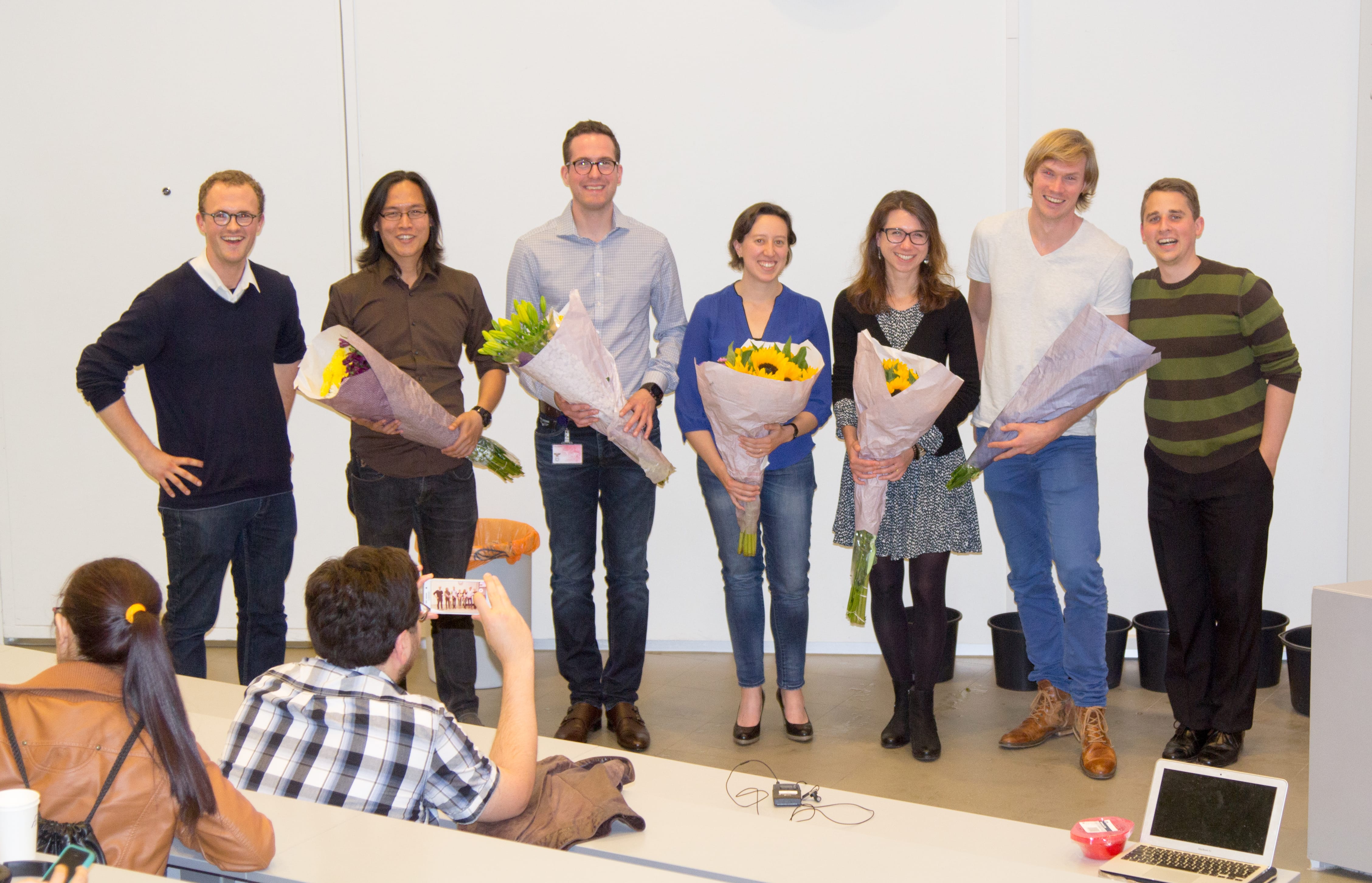Researchers have an extremely high level of expertise within their domain. However, relying on this domain-specific expertise alone might not always be enough to advance a given research areas. Instead, collaboration various different researchers from virtually any domain can improve our work immensely.
Organizations increasingly aim to reduce their ecological footprint and to encourage pro-environmental behaviour at work. This Thursday, November 24, Angela Ruepert will defend her PhD-thesis showing that although strong environmental values predict pro-environmental behaviour, employees with weaker environmental values also act pro-environmentally when the work context makes them focus on the environment.
I am writing this on my third day as assistant professor at the Experimental Psychology Group at the University of Groningen. And this article is my way to say: hi! I think the best way to introduce myself is to tell you why I think these are exciting times to be a cognitive scientist. […]
A personal experience with our dog Eli made me wonder whether animal-assisted interventions have the potential to support the treatment and care of children with ADHD. A subsequent literature study provided ample indication that several mechanisms of animal-assisted interventions can have a positive effect on several core symptoms of ADHD.
Make America great again, or make America hate again? Trump’s campaign has raised many troubling questions. He has at various stages proposed building a wall and purging illegal immigrants, or retweeted the messages of Neo-Nazi fanatics. Yet still, his popularity is huge. And this popularity will continue after election day. Will today, the 8th […]
Hi fellow colleagues and students, I hope you are enjoying the week! I Just wanted to introduce myself, as I am a new member to the University and will be contributing to the Master in Forensic Psychology as a lecturer.
A few weeks ago, Marco Egle and Timothy Sondej, graduates of the Psychology Bachelor and Research Master students in Groningen, co-organised the I F***ing Love YOUNG Science Conference in Groningen. Their aim was to showcase exciting research projects by PhD students in Groningen and connect them with students who may be considering following a career […]
Researching and implementing educational interventions is a challenge. Combining his experience as a teacher educator and PhD candidate in developmental psychology, Frank Assies explains how he is able to go from practice to theory to practice in shaping a Curious Minds based intervention in Teacher College.
Every quarter, we share articles published in the BCN Newsletter and we are happy today to share an interview with Dr. Hanneke Loerts, lecturer at the Faculty of Arts, who uses eye-tracking, electrophysiological, and behaviour methods to study language acquisition. The interview was conducted and written by Annelot de Rechteren van Hemert.
In 2014, my collaborators and I published a post on Mindwise entitled: “What are you thinking right now? On the topic of metacognition”, in which we discussed what metacognition is considered to be (‘thinking about thinking’) and how metacognition may play a role in different kinds of psychopathology. In this post, we seek to delve a little deeper by applying the model to disorders in the psychosis spectrum.










